Constitution Change Underneath The BBM Administration: A Deep Dive Into The Prospects And Pitfalls
Constitution Change underneath the BBM Administration: A Deep Dive into the Prospects and Pitfalls
Associated Articles: Constitution Change underneath the BBM Administration: A Deep Dive into the Prospects and Pitfalls
Introduction
With enthusiasm, let’s navigate by the intriguing matter associated to Constitution Change underneath the BBM Administration: A Deep Dive into the Prospects and Pitfalls. Let’s weave attention-grabbing data and supply recent views to the readers.
Desk of Content material
Constitution Change underneath the BBM Administration: A Deep Dive into the Prospects and Pitfalls
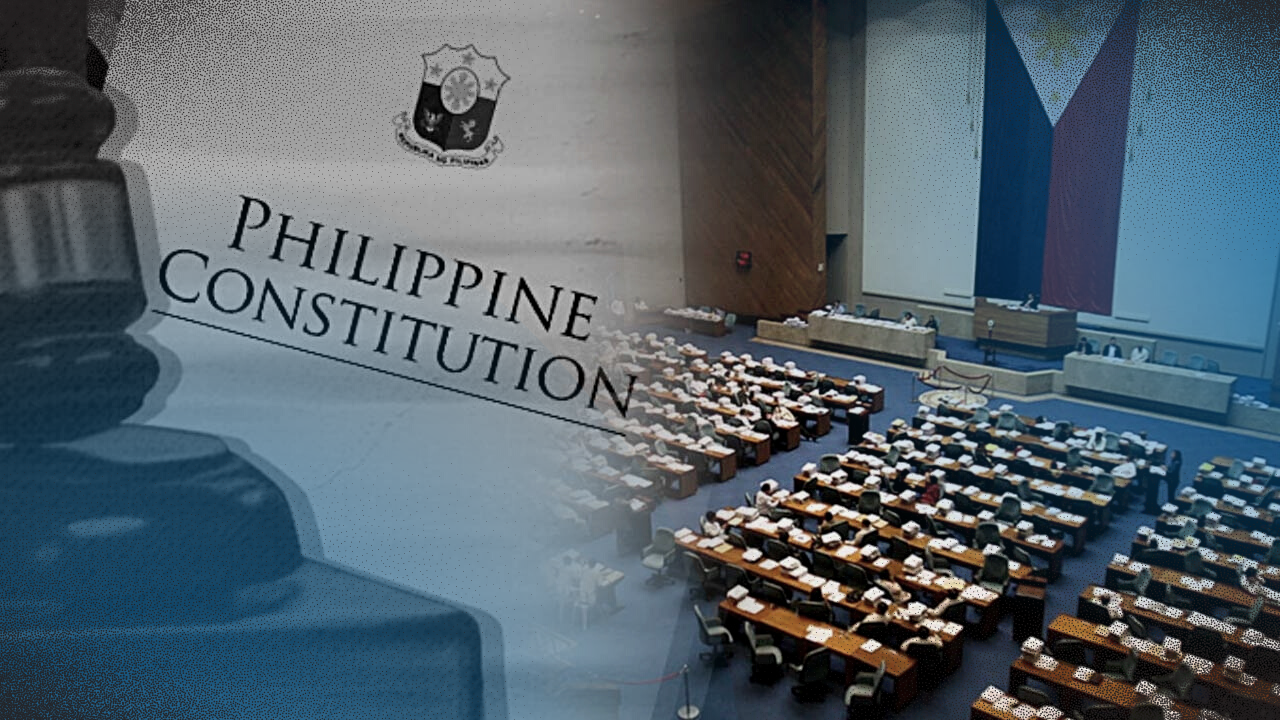
President Bongbong Marcos’s (BBM) administration has inherited a posh political panorama, one the place the decision for constitution change, or Cha-cha, stays a persistent, albeit controversial, difficulty. Whereas not a central plank of his marketing campaign platform, the potential for constitutional reform has emerged as a big consideration throughout his presidency, sparking debates about its necessity, potential advantages, and inherent dangers. This text will delve into the assorted features of constitution change underneath the BBM administration, analyzing the arguments for and towards, the potential pathways to reform, and the broader implications for Philippine society.
The Arguments for Constitution Change:
Proponents of constitution change underneath the BBM administration advance a number of key arguments, typically specializing in financial growth and political stability. These embrace:
-
Financial Reforms: A big driver behind the push for Cha-cha is the need to draw better international funding and stimulate financial development. Advocates argue that amending sure provisions of the 1987 Structure, notably these proscribing international possession in sure industries, would make the Philippines extra aggressive within the international market. This might result in job creation, technological development, and total financial prosperity. Particular targets typically embrace easing restrictions on land possession and rising international participation in key sectors like telecommunications and utilities.
-
Addressing Inefficiencies in Governance: Critics level to inefficiencies throughout the present governmental construction. Amendments, they argue, might streamline bureaucratic processes, enhance the supply of public companies, and improve total governance. This might contain restructuring the chief department, granting better autonomy to native governments, or creating extra environment friendly mechanisms for coverage implementation.
-
Political Stability and Unity: Some proponents consider that constitutional reform might contribute to better political stability and nationwide unity. By addressing long-standing political grievances and institutional weaknesses, they argue, Cha-cha might foster a extra cohesive and unified nation. This argument, nevertheless, is commonly met with skepticism, as the method itself may be extremely divisive.
-
Addressing the Problems with Federalism: Whereas not explicitly a central theme underneath BBM, the potential for shifting to a federal system stays a long-term aim for some. Federalism is seen as a option to decentralize energy, promote regional growth, and handle historic inequalities between areas. This could require vital constitutional amendments, nevertheless, and faces vital hurdles by way of public assist and political will.
The Arguments Towards Constitution Change:
Conversely, sturdy opposition to constitution change exists, fueled by issues about potential abuses of energy and the undermining of democratic establishments. The important thing arguments towards embrace:
-
Threat of Authoritarianism: A major concern is the potential for constitution change for use to consolidate energy and undermine democratic checks and balances. Critics concern that amendments might weaken unbiased establishments, curtail civil liberties, and pave the way in which for an authoritarian regime. The historical past of constitutional amendments in different international locations, some resulting in authoritarian rule, fuels these apprehensions.
-
Lack of Public Session and Transparency: The method of constitution change typically lacks ample public session and transparency. This raises issues that amendments could also be pushed by with out ample consideration of public opinion and potential penalties. With out widespread public debate and understanding, the dangers of unintended destructive outcomes improve considerably.
-
Distraction from Urgent Points: Opponents argue that specializing in constitution change diverts consideration and assets from extra urgent points dealing with the nation, akin to poverty, inequality, and healthcare. They contend that the federal government ought to prioritize addressing these instant issues earlier than embarking on a probably prolonged and divisive constitutional reform course of.
-
Potential for Elite Seize: There are issues that constitution change may benefit primarily the elite and highly effective, probably exacerbating current inequalities. Amendments may very well be designed to guard the pursuits of particular teams, leaving the vast majority of the inhabitants with out ample illustration or profit.
Pathways to Constitution Change:
The Philippine Structure gives two major pathways for constitution change:
-
Constituent Meeting: This entails Congress sitting as a Constituent Meeting to suggest amendments or revisions to the Structure. This requires a three-fourths vote of all its members. This methodology is commonly favored by the administration because it requires much less exterior involvement.
-
Constitutional Conference: This entails electing delegates to a Constitutional Conference particularly tasked with proposing amendments or a brand new structure. This methodology requires a two-thirds vote of all of the members of Congress, calling for a plebiscite to ratify the proposed modifications. This method is usually thought-about extra democratic but additionally extra complicated and time-consuming.
The BBM Administration’s Stance and Challenges:
Whereas President Marcos has not explicitly championed constitution change as a precedence, the likelihood stays a big consideration. His administration faces a number of challenges in navigating this complicated difficulty:
-
Public Opinion: Public assist for constitution change is way from unanimous, with vital opposition from varied sectors of society. The administration must fastidiously gauge public sentiment and handle issues to make sure a easy and legit course of.
-
Political Opposition: The opposition events are prone to fiercely resist any makes an attempt at constitution change they understand as undermining democratic establishments or benefiting particular pursuits. This might result in protracted political battles and gridlock.
-
Financial Context: The timing of any constitution change try is essential. The present financial local weather, marked by international uncertainties and home challenges, might considerably affect public notion and political feasibility.
-
Balancing Financial Targets with Democratic Ideas: The administration faces the fragile process of balancing the potential financial advantages of constitution change with the necessity to shield democratic rules and establishments. This requires a nuanced method that addresses issues about potential abuses of energy whereas selling financial development.
Conclusion:
Constitution change underneath the BBM administration is a posh and multifaceted difficulty with vital implications for the Philippines. Whereas proponents spotlight potential financial advantages and enhancements in governance, opponents elevate critical issues concerning the danger of authoritarianism, lack of public session, and the distraction from urgent social points. The success of any constitution change initiative will rely on the administration’s skill to navigate these challenges, construct consensus amongst numerous stakeholders, and guarantee a clear and inclusive course of that respects democratic rules. The talk surrounding Cha-cha is way from settled and can probably proceed to form the political panorama of the Philippines for years to return. A cautious and cautious method, prioritizing public session and transparency, is essential to keep away from probably disastrous penalties. Finally, the legacy of any constitution change try underneath the BBM administration shall be judged not solely by its financial affect but additionally by its impact on the nation’s democratic establishments and the well-being of its residents.

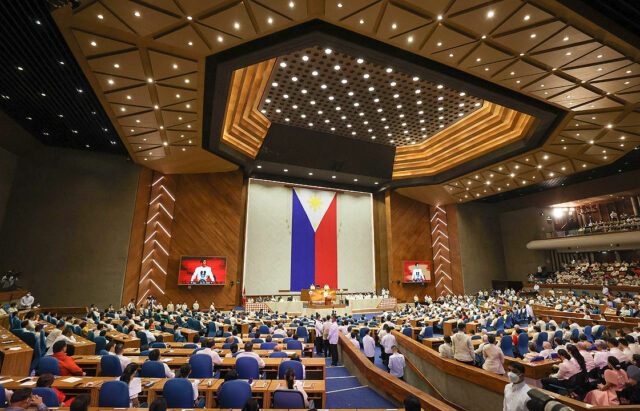
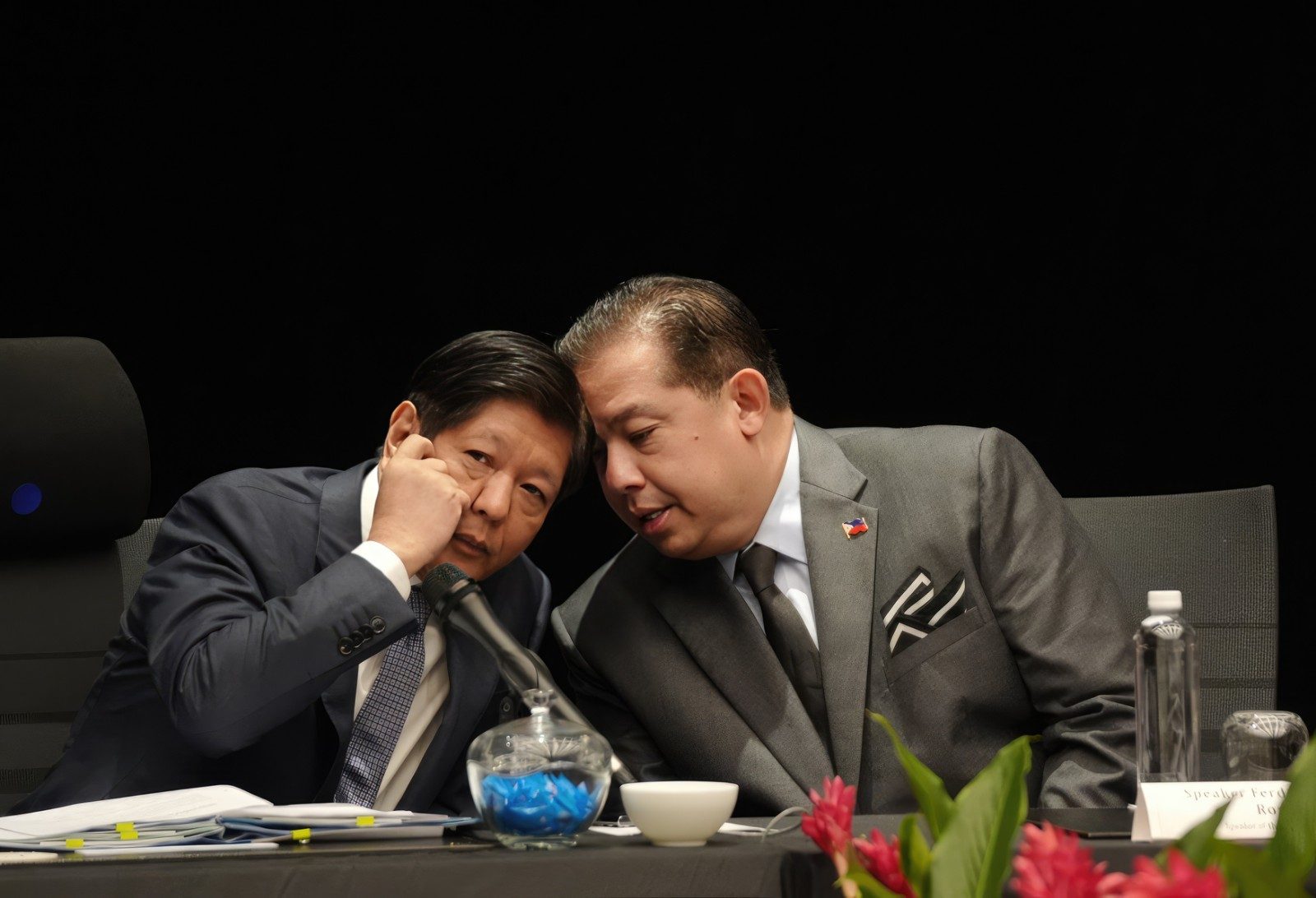
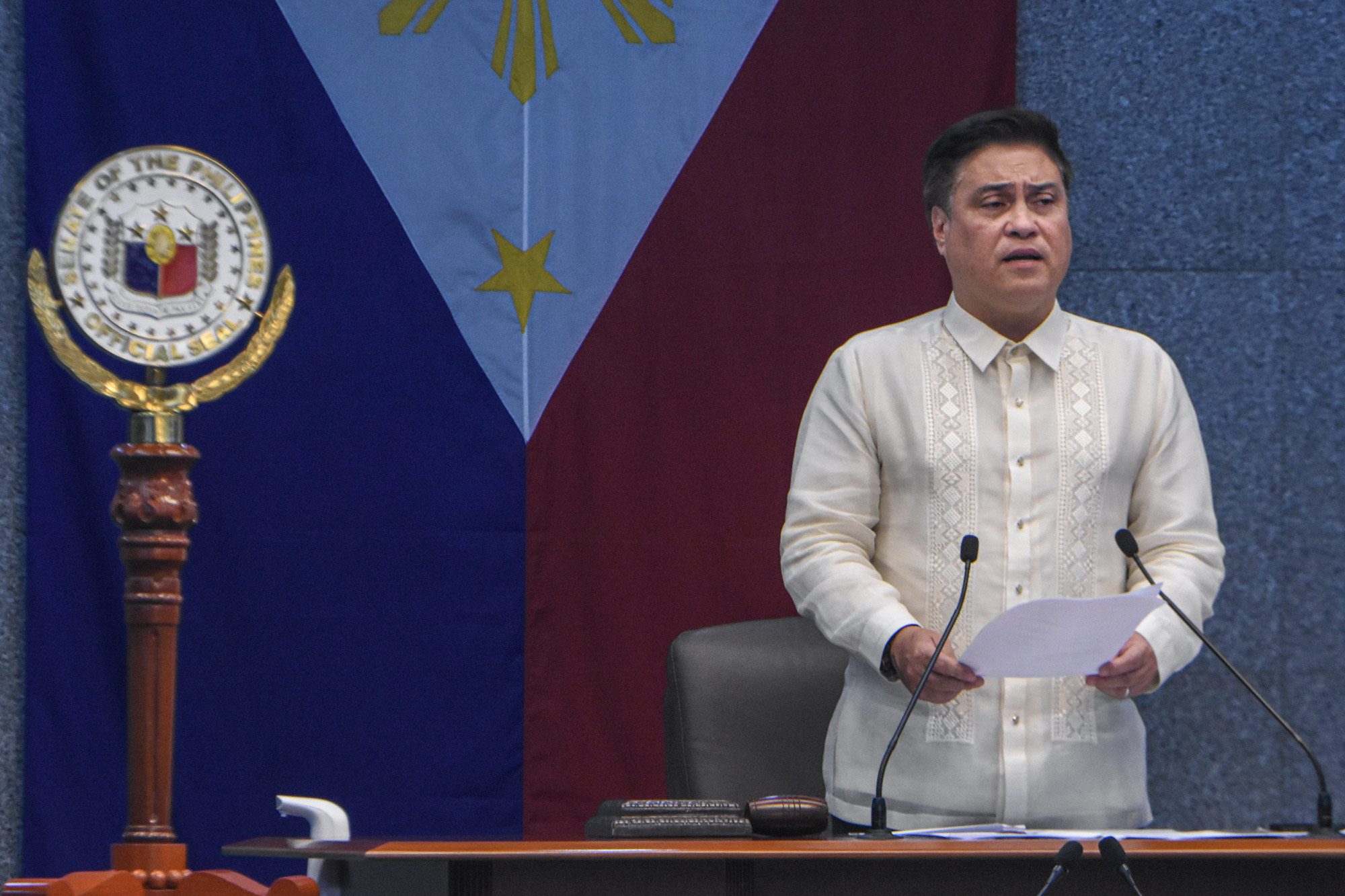
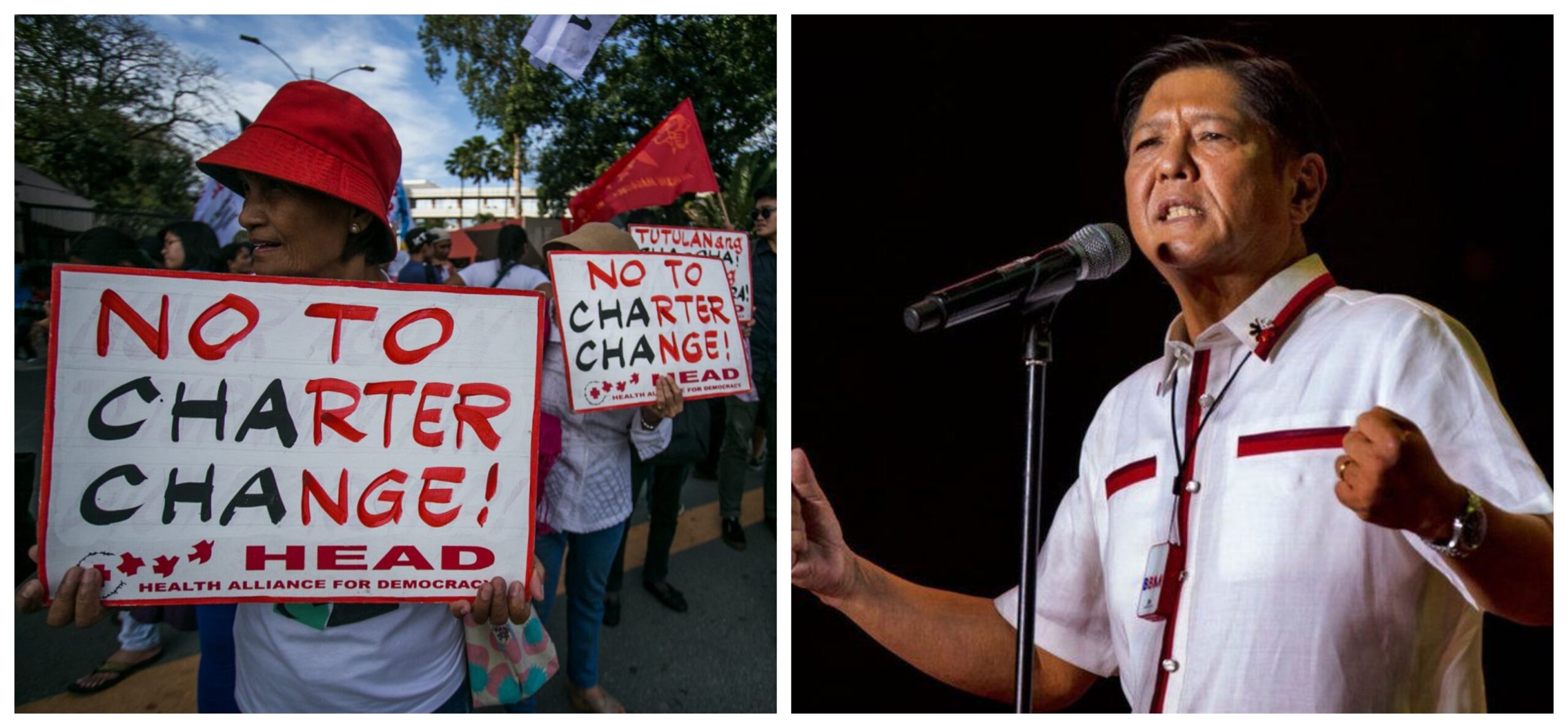
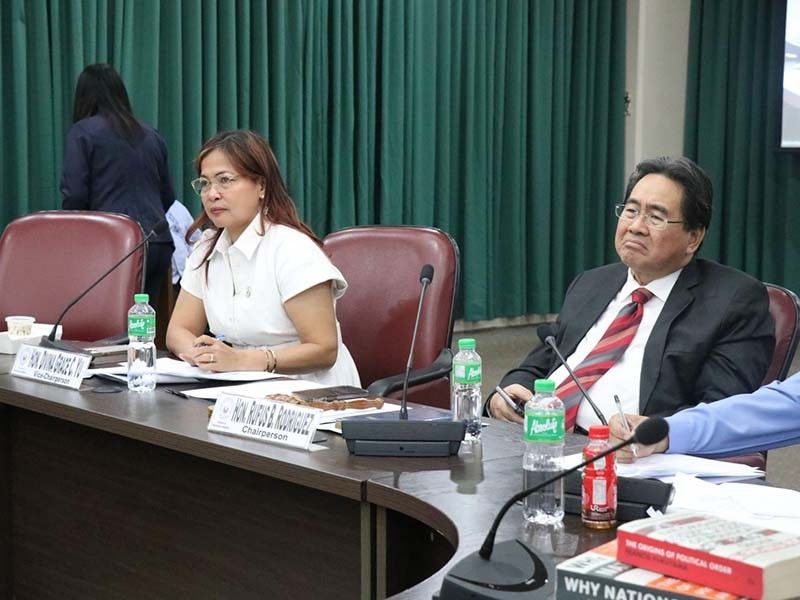


Closure
Thus, we hope this text has supplied helpful insights into Constitution Change underneath the BBM Administration: A Deep Dive into the Prospects and Pitfalls. We thanks for taking the time to learn this text. See you in our subsequent article!